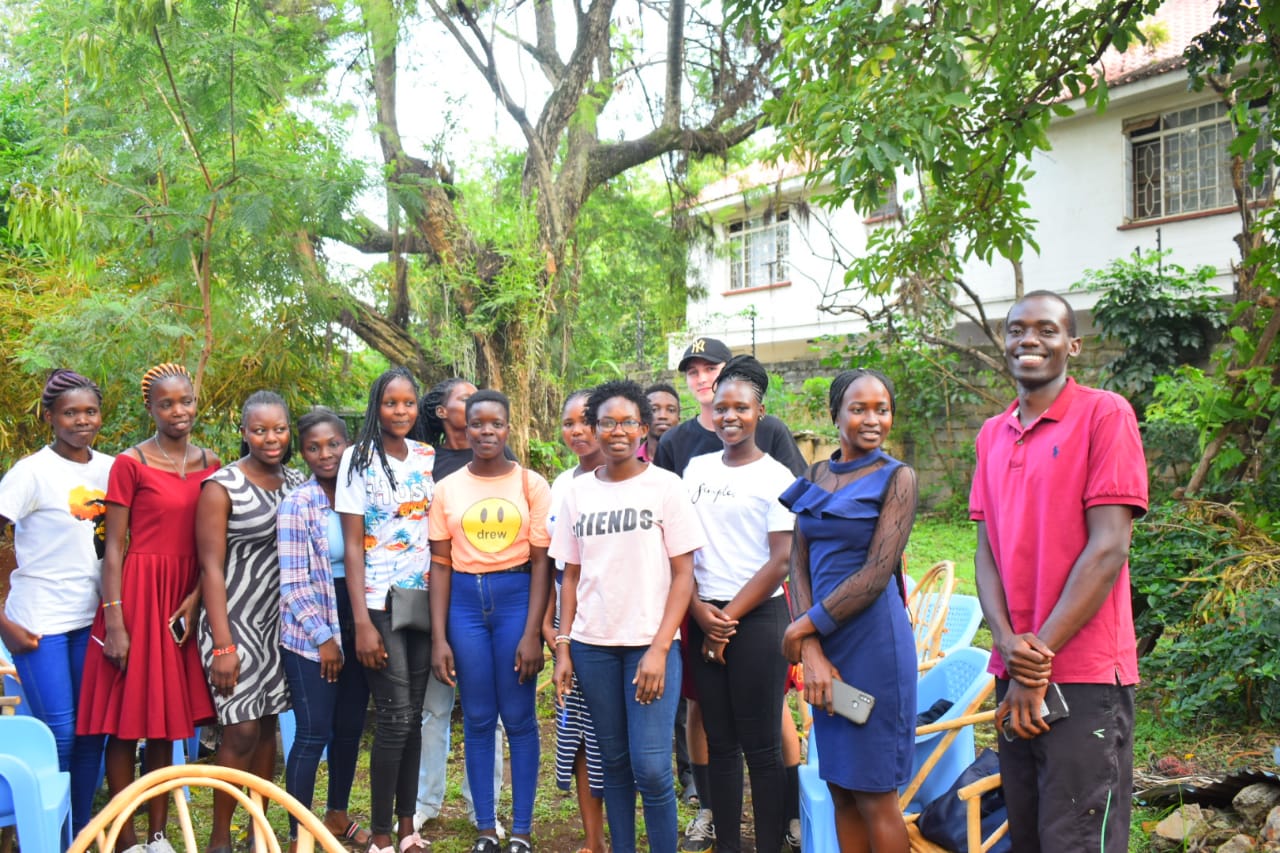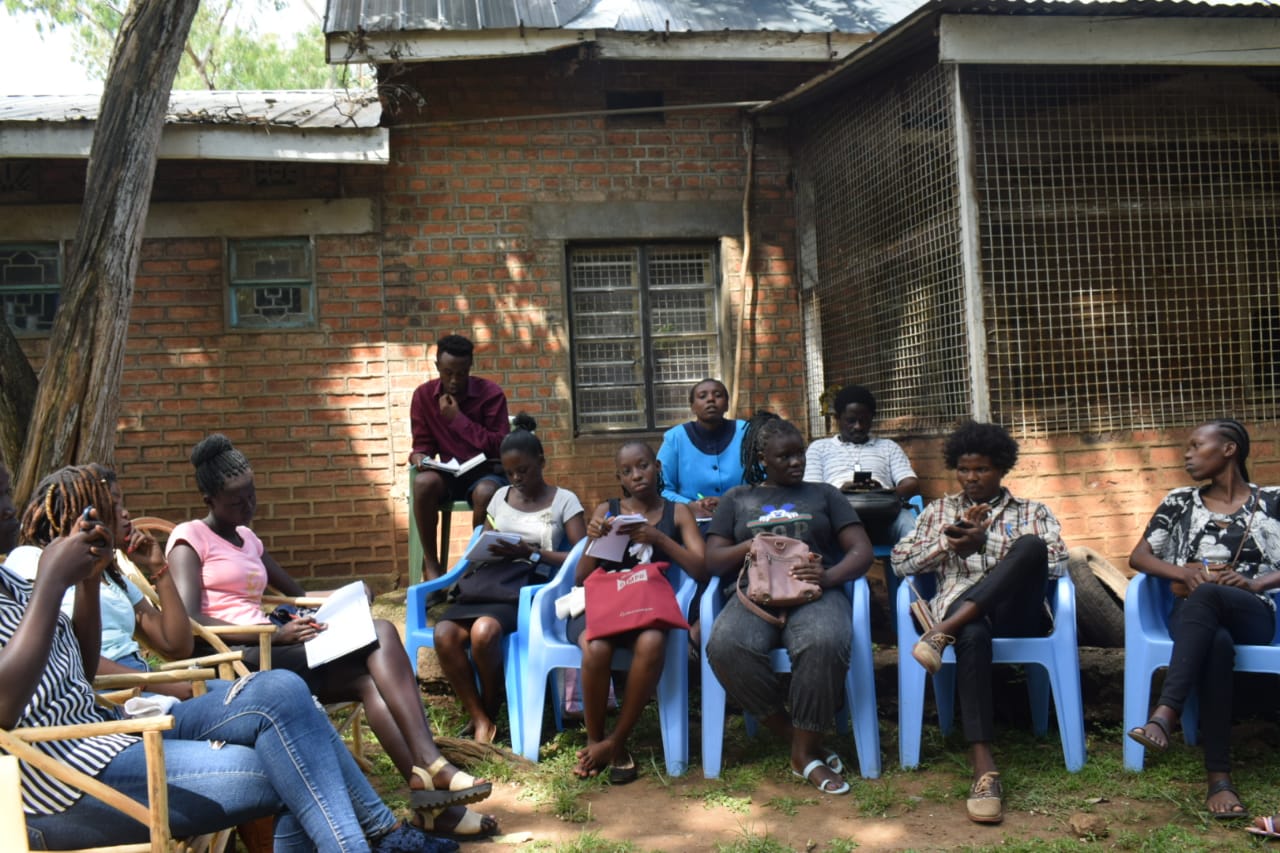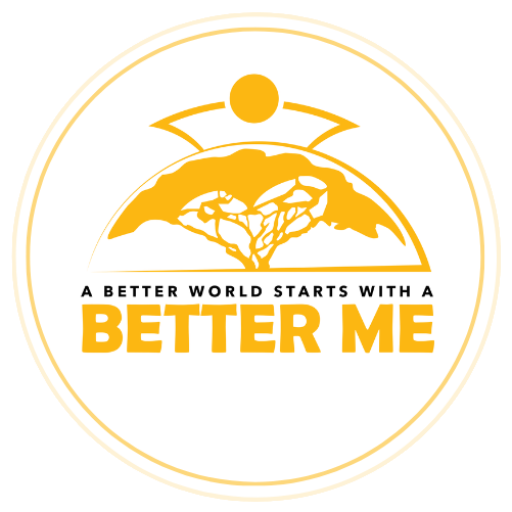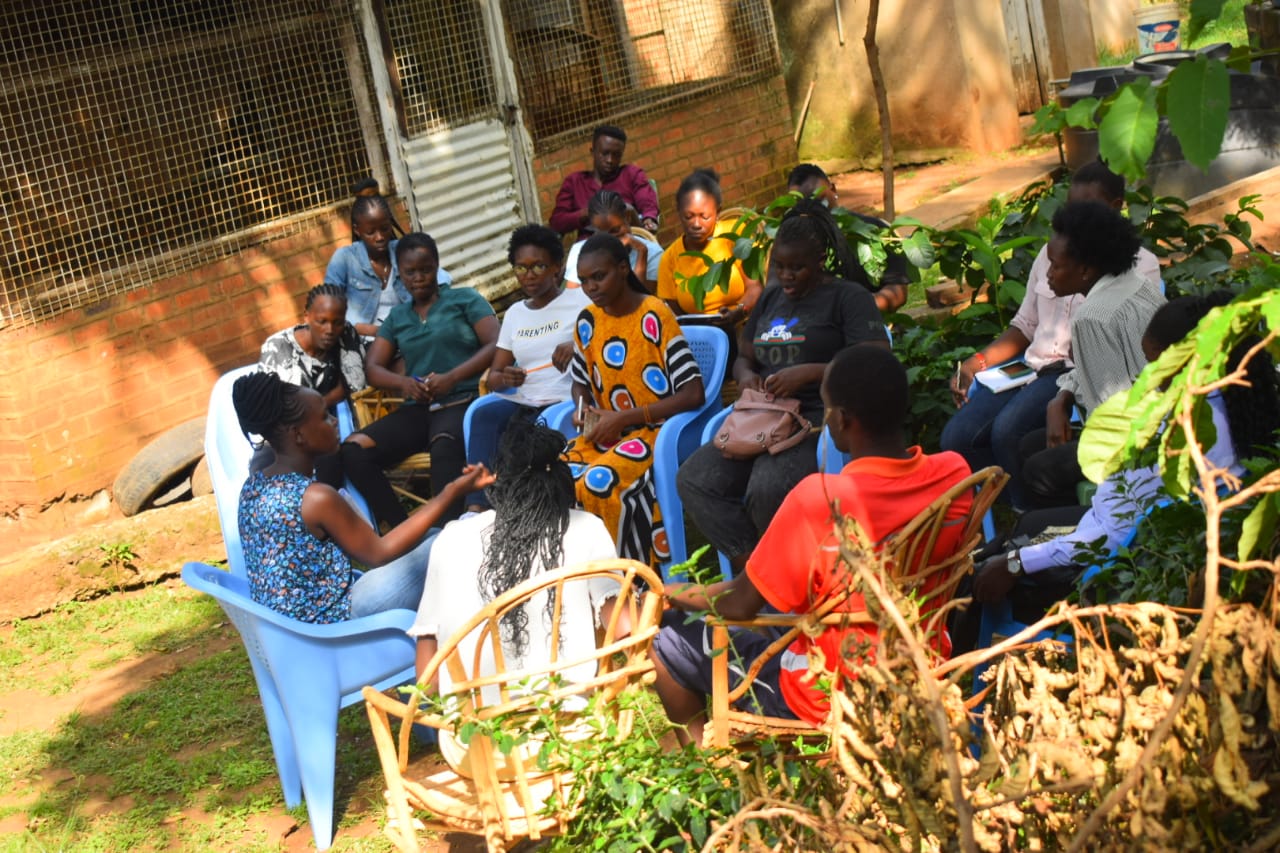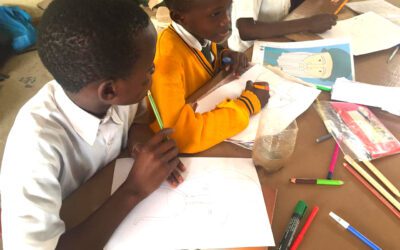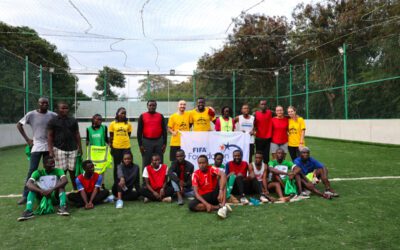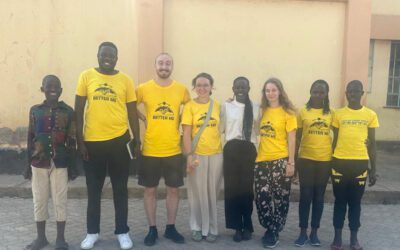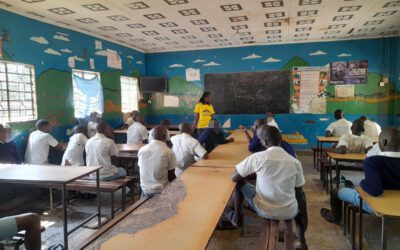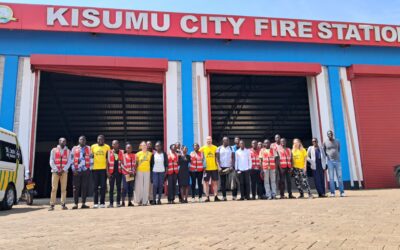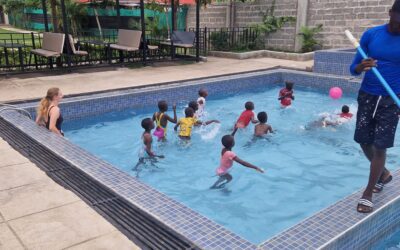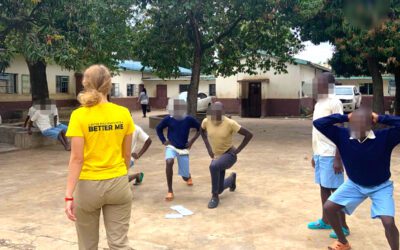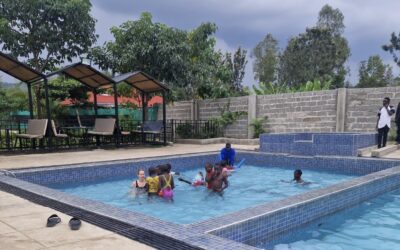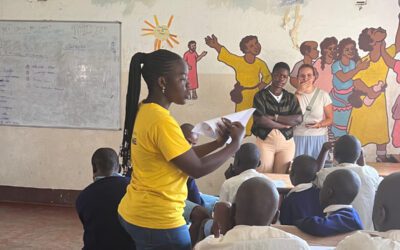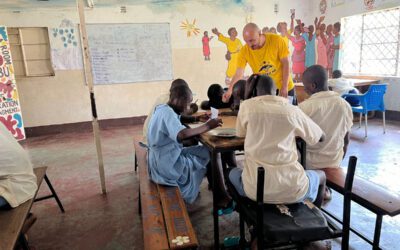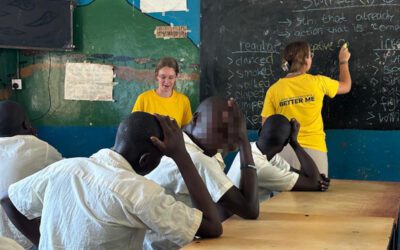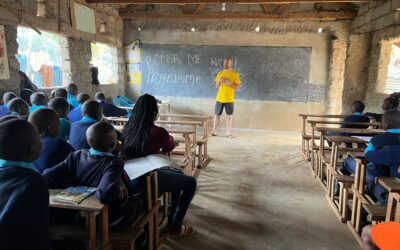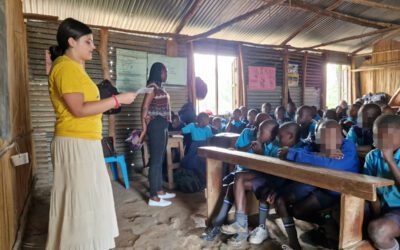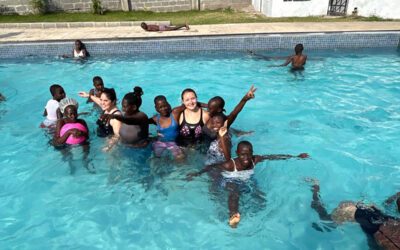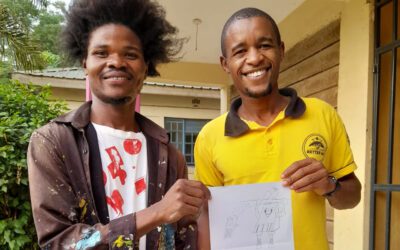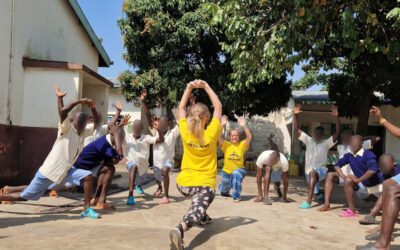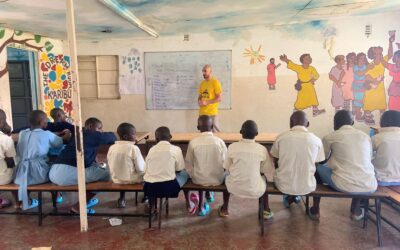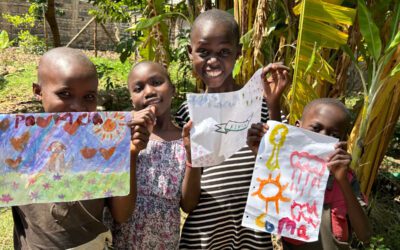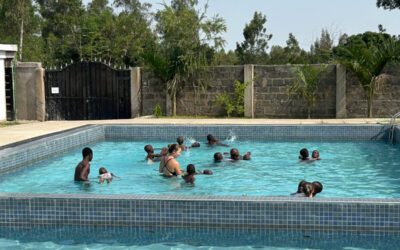Activity Report
Location: Jijenge Youth Organization
Activity Date: 08.02.2024
Start Time: 2:00 PM End Time: 4:00 PM
Facilitators: Ruth, Diana, & Lukas
Number of Participants: 48
Male: 11 Female: 37
Activity Purpose/ Summary:
-The purpose of this talk was to educate the youths on the role of cultural competence as the ability of an individual to understand and respect values, attitudes, beliefs, and mores that differ across cultures, and to consider and respond appropriately to these differences in planning, implementing, and evaluating programs and interventions.
-More of it was also to educate youths in its ability of individuals to effectively interact, work, and develop meaningful relationships with people of various cultural backgrounds. Cultural background including the beliefs, customs, and behavior’s of people from various groups.
-This talk was done in two different sessions considering its in-depth discussion.
Personnel Input:
The session was conducted in two different sessions.
On 1/2/2024
– The discussion was majorly on the components of cultures and its impact on the community driven programs.
– Communities are driven by their beliefs and value systems which defines the different programs implemented. There are also cultures that bars and hinders development in the communities hence members has to be sensitized before initiating a project.
– From the discussions, a concern arose that there is need to adopt a good community entry process which will take into consideration the cultures and belief system of the community before initiating projects.
On 8/2/2024
The discussion was majorly on awareness of one’s culture and how it hinders cultural competency.
These were the discussion points:
Cultural Identity:
Individuals are often shaped by their cultural upbringing, family traditions, and societal norms. Understanding one’s cultural identity involves recognizing how these factors influence one’s perspectives, behaviors, and communication styles. For example, someone from a collectivist culture may prioritize group harmony and cooperation, while someone from an individualistic culture may emphasize personal autonomy and achievement.
Values and Beliefs:
Cultural values and beliefs shape how individuals interpret the world around them and guide their actions and decisions. Understanding one’s own cultural values and beliefs allows individuals to recognize that these are not universal truths and that different cultures may have alternative perspectives. For example, the value placed on time may vary significantly between cultures, with some cultures prioritizing punctuality and efficiency, while others emphasize flexibility and relationship-building.
Cultural Norms:
Every culture has its own set of norms and customs governing social behavior, communication styles, and etiquette. Understanding these cultural norms helps individuals navigate intercultural interactions more effectively and avoid unintentional offense or misunderstanding. For instance, gestures or body language that are considered acceptable in one culture may be perceived as rude or disrespectful in another culture.
– The next session
Participants gave examples of cultural norms, biases, values and how they impact on open cultural interactions.
Achievements:
– Participants understood every aspect of the cultural competencies.
– Participants embraced the open discussion time where they were able to give scenarios and examples of cu;cultures across the globe.
Unanticipated Achievements:
There was open and lively discussions among participants.
Supporting Partners:
Jijenge Youth Organization
